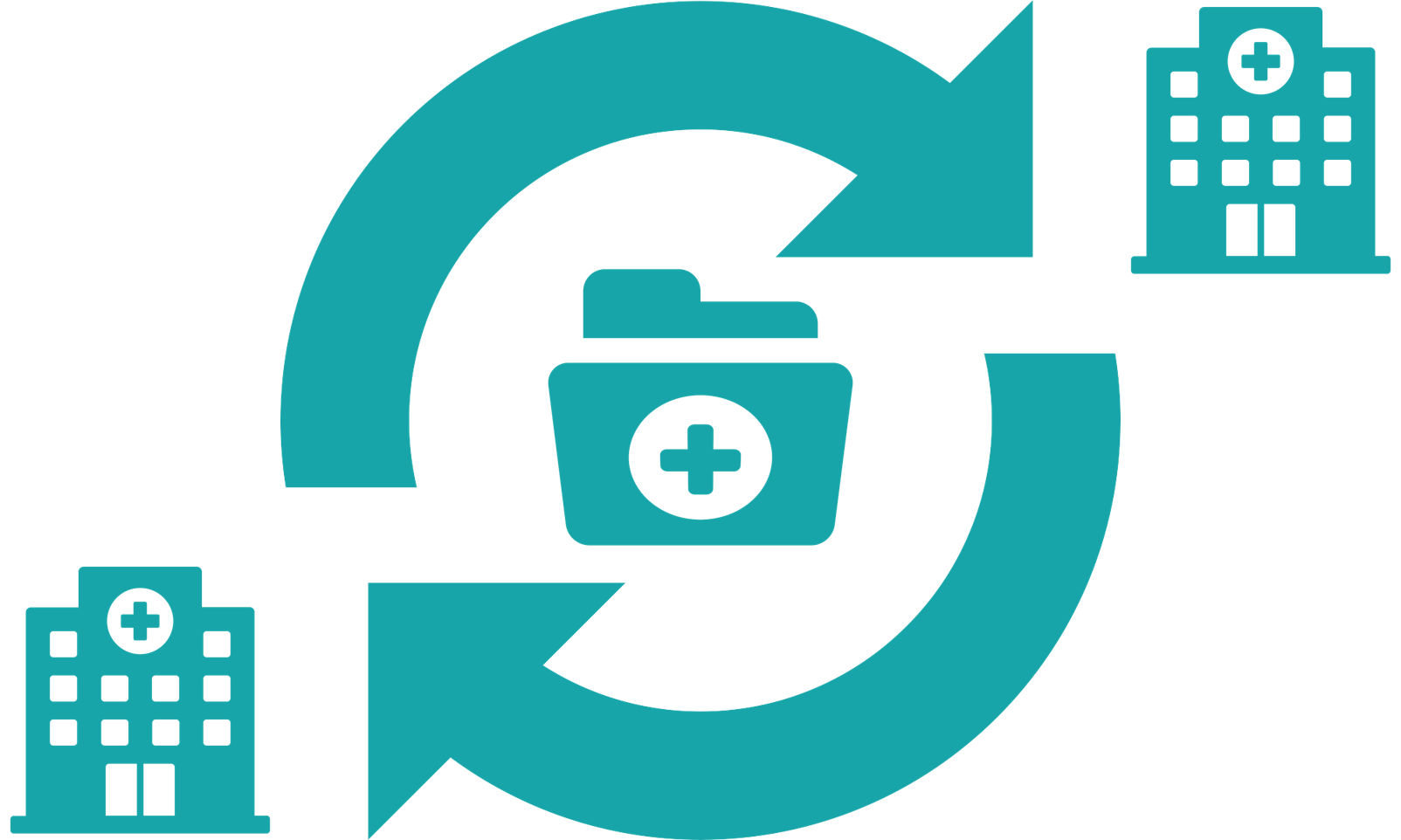
Medicare Part A is the senior health insurance program. It is free of charge, but there are certain details you should be aware of. We will be discussing the details of Medicare Part A enrollment and its premiums as well as the types of coverage it offers. In this article, you will also find information about the deductibles or coinsurance that may be required to enroll in Medicare Part A. Please feel free to reach out to us if you have any questions.
Enrollment in Medicare Part A
You can enroll in Medicare Part A on an annual basis, or during special enrollment periods. Some life events or circumstances trigger special enrollment periods. Low income individuals can apply for Medicare Part A enrollment at no cost. A program called Qualified Medicare Beneficiary (QMB), which is free for those who have never had insurance, may help you qualify for Part A Medicare without the premium.
Costs of Medicare Part A
Medicare plans will require beneficiaries pay a monthly Premium. The premium can vary depending on plan and income level. A Medicare plan will have beneficiaries pay an annual premium. It is $233 in 2022. Other out-of-pocket expenses include coinsurance and copayments. In addition to these deductibles, there may be other costs associated with Medicare, including out-of-pocket expenses for prescription drugs.

Medicare Part A Coverage
Medicare Part A/B covers many services. However you'll likely have some out-of–pocket expenses in 2022. Medicare Advantage plans cover this. These plans cover Medicare Parts A and B through private providers. These plans provide supplemental benefits, as the name implies. Original Medicare covers many services. However, each part of the plan covers only a few. If you are unsure about which service you need, you can read the following to find out what is covered and what you will have to pay.
Premiums charged by Medicare Part A
Although most people don’t pay the monthly Medicare Part A Premium, tax-paying individuals will have to pay a monthly fee to maintain their coverage. This premium will increase to $499 per calendar month for the uninsured elderly by 2022. Age and gender will determine how much premiums rise. There are still ways to avoid paying premiums. Below are some options.
Medicare Part B premiums
Due to changes to the law that governs Medicare Part B, the 2016 premiums will rise and the deductibles will increase. The formula for calculating premiums and deductibles has been significantly affected by the bipartisan budget act 2015, passed in December. These are the things you should keep in mind as you calculate your Part B premiums. These changes will impact both Medicare Advantage and traditional enrollees.
Medicare Part A early enrollment period
Medicare coverage is available to eligible individuals. You can start receiving benefits as soon January 1st if you're eligible. There are special enrollment periods for people with Medicare. During one of these periods, you can sign up for Part A while you are still employed, or within eight months of leaving a group health plan. Eligible for Medicare Part A and Part B, you or your spouse can sign up during either of these periods. You can also delay signing-up for Part B if your group insurance coverage is lost.

Medicare Part B Requirements
Premium-free Medicare Part A is only available to those who are entitled based upon their earnings over a set number of quarters. Application for Railroad Retirement Board or Social Security benefits must also be made. A person can receive premium-free Medicare Part A in certain cases regardless of age, disability, End Stage Renal Disease, or other factors. Premiums will be charged to employees with over 100 employees who are older than 65.
FAQ
What is a system of health in public health and what does it mean?
The Health System is a collection of all activities that are involved in providing health services to a population. It includes all aspects of service delivery, finance, regulation and education.
Who is responsible to ensure public health?
Public health is an issue that affects all levels of government. Local governments oversee roads, schools parks, parks, and recreation centers. Laws and regulations regarding food safety and workplace safety are provided by the federal and state governments.
What about the role played by the private sector?
Healthcare delivery is a critical task for the private sector. It provides equipment that is used in hospitals, for example.
It also pays for some hospital staff. It is logical for them to be involved in running the system.
They have their limits.
The government provides free services that private providers can't always match.
They should not attempt to run the entire system. This could result in a system that isn't cost-effective.
How can I become a creative professional in the field of health?
There are many pathways to becoming a creative health professional. Many people begin their career as students. Others start out in business or engineering.
Some people choose to take a course in a particular topic, such as leadership, management, and health policy. Others choose to enroll in an elective course that explores diverse perspectives on health care and health.
No matter what your path, you will learn about health and care topics through lectures, readings and group discussions. Assignments and projects are also available. You might also be able to attend workshops, conferences and seminars.
After completing the program, you will have the knowledge to help clients, colleagues, patients, and other members of the health care system.
You may even pursue a doctorate.
How do I get health insurance free in my locality?
If you're eligible, you could apply for free coverage. If you are eligible, you might be eligible to Medicaid, Medicare or CHIP, Children's Health Insurance Program(CHIP), Tricare benefits, VA benefits and Federal Employee Health Benefitss (FEHB), military benefits, Indian Health Service benefits (IHS), or another program.
What are the health services?
Patients should be aware of the fact that they have 24/7 access to high-quality healthcare. We're available to assist you with routine or urgent care.
There are many types of appointments available, including outpatient and emergency procedures, walk-ins, same day surgery, same-day surgeries, and emergency department visits. If you live far away from our clinic, we can also provide home health care visits. If you feel uncomfortable coming to our office, we will make sure you receive prompt treatment at your nearest hospital.
Our team includes nurses, doctors, pharmacists, dentists, and other professionals dedicated to providing excellent patient service. We strive to make every visit as simple and painless for our patients.
What are the main types of health insurance?
There are three types of insurance that cover health:
-
Private health insurance covers most costs associated with your medical care. Private companies often offer this type of insurance. You only pay monthly premiums.
-
Public health insurance covers most of the cost of medical care, but there are limits and restrictions on coverage. For example, public insurance will only cover routine visits to doctors, hospitals, labs, X-ray facilities, dental offices, prescription drugs, and certain preventive procedures.
-
You can use medical savings accounts (MSAs), to save money for future healthcare expenses. The funds are held in a special account that is separate from any other kind of account. Most employers offer MSA plans. These accounts are non-taxable and accrue interest at rates similar that bank savings accounts.
Statistics
- For the most part, that's true—over 80 percent of patients are over the age of 65. (rasmussen.edu)
- About 14 percent of Americans have chronic kidney disease. (rasmussen.edu)
- Consuming over 10 percent of [3] (en.wikipedia.org)
- Price Increases, Aging Push Sector To 20 Percent Of Economy". (en.wikipedia.org)
- The healthcare sector is one of the largest and most complex in the U.S. economy, accounting for 18% of gross domestic product (GDP) in 2020.1 (investopedia.com)
External Links
How To
How to Locate Home Care Facilities
People who require assistance at home can use home care facilities. Home care facilities are available for elderly and disabled persons, as well as those with chronic diseases such Alzheimer's. These facilities provide services like personal hygiene, meal preparations, laundry, cleaning and medication reminders. They also offer transportation. These facilities often collaborate closely with social workers, rehabilitation specialists, and medical professionals.
You can find the best home care services provider by asking friends, family and/or reading reviews on the internet. After you've identified one or two providers you can start to ask about their qualifications, experience, and references. Providers should be flexible in their hours so they can fit into your busy schedule. You should also check to see if they provide 24/7 emergency service.
It might be worth asking your doctor/nurse for referrals. You can search online for "home care" or "nursing homes" if you aren't sure where to look. You can use websites like Yelp and Angie's List or HealthGrades to compare nursing homes.
For further information, you may call the Area Agency on Aging (AAA), or Visiting Nurse Service Associations (VNA). These organizations will be able to provide you with a list containing agencies in your local area that are specialized in home care services.
Finding a good home care agency is important because many companies charge high patient fees. In fact, some agencies charge up to 100% of a patient's income! You can avoid this by choosing an agency that is highly rated by the Better Business Bureau. Get references from former clients.
Some states even require homecare agencies that register with the State Department of Social Services. Find out the requirements for agency registration in your area by contacting your local government.
There are many things you need to remember when selecting a Home Care Agency:
-
Be wary of any company that asks you to pay upfront before receiving services.
-
You should look for a well-established and reputable business.
-
If you are paying out of your own pocket, get proof of insurance.
-
You must ensure that the state licenses your agency.
-
Ask for a written agreement outlining all costs of hiring the agency.
-
Confirm that after discharge, the agency will provide follow-up visits.
-
Ask for a listing of certifications and credentials.
-
You should not sign anything without thoroughly reading it.
-
Pay attention to the fine print.
-
Make sure the agency has insurance and is bonded.
-
Ask the agency how long they have been in business.
-
Verify that your agency is licensed by the State Department of Social Welfare.
-
Find out if the agency has received any complaints.
-
Call the local government agency that regulates homecare agencies.
-
Check that the answering service is certified to answer questions regarding home care.
-
For tax information on home care please consult your accountant.
-
Always solicit at least three bids per home care agency.
-
You can choose the lowest price, but not less than $30 an hour.
-
Be aware that you may be required to pay for more than one visit to a local home care agency each day.
-
Always read the contract carefully before signing it.